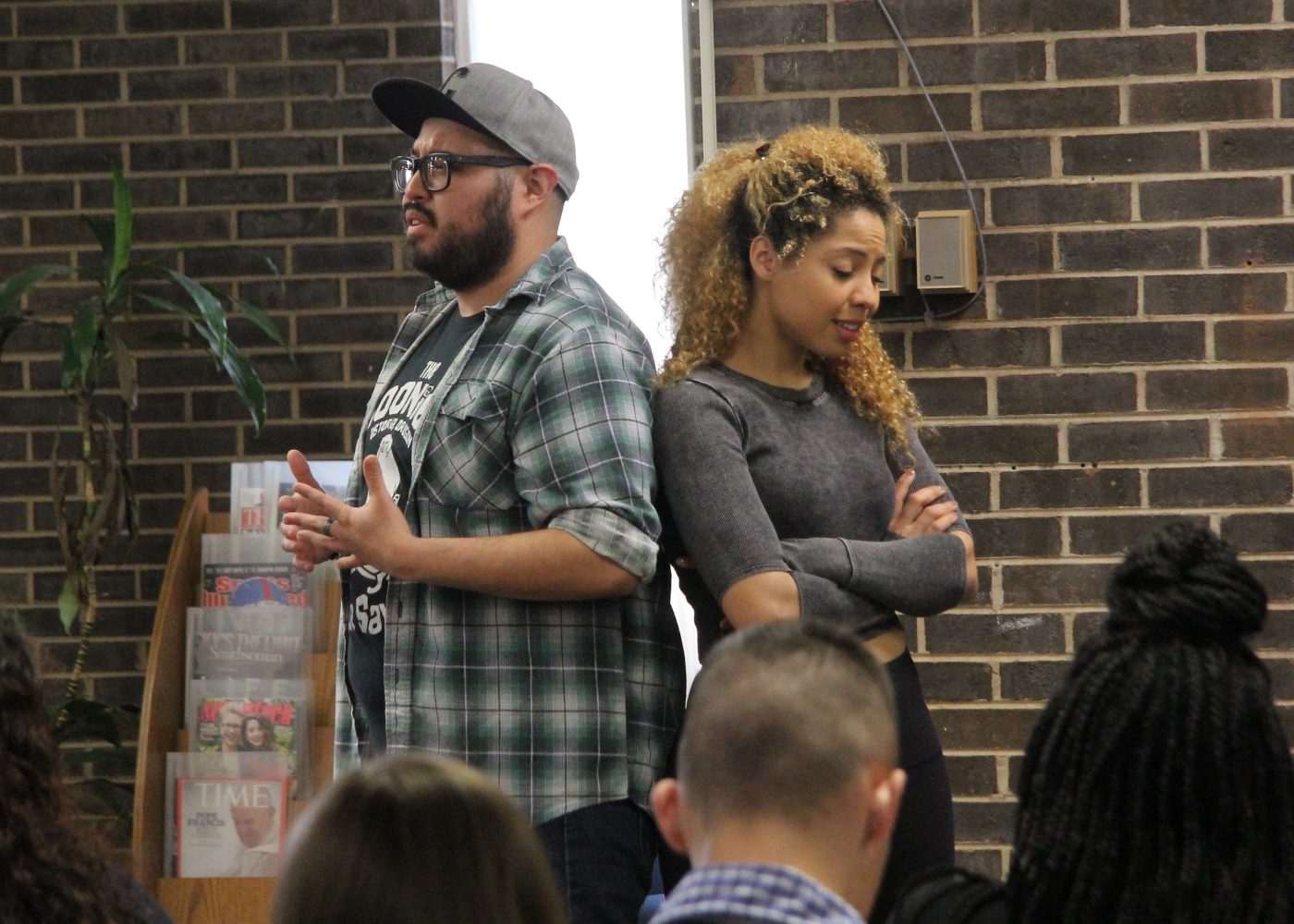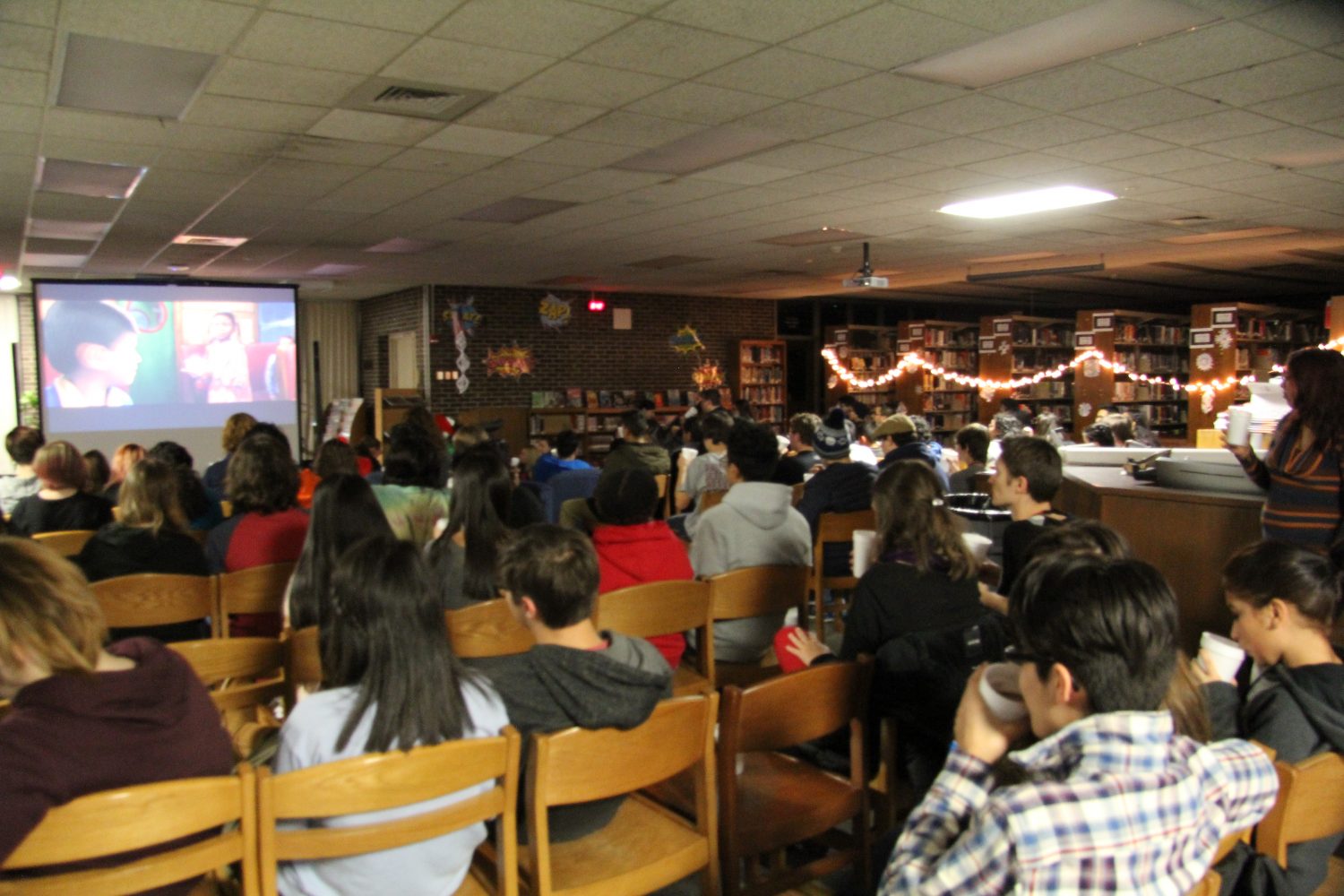By Estrella Salgado
Feminism is a word that inspires strong imagery—suffragettes in the 1910s, bright posters of Rosie the Riveter in the 1940s, supposed bra-burning in the 1960s, Ms. magazine in the 1970s. Yet despite the popularity of the word, there are many misconceptions about the open-minded philosophy. Chimamanda Ngozi Adichie’s short nonfiction book, We Should All Be Feminists, elegantly tackles the haze that surrounds gender’s f-word.
We Should All Be Feminists is a brilliant read. Adichie guides the reader towards a simple yet comprehensive definition of feminism. She has a talent for using anecdotes, mainly those set in her home country of Nigeria, that makes the necessity and relevance of feminism easily understandable. Her critical analysis of those events, from the brush-off of a waiter to the overt sexism in her elementary school, leaves the reader pensive. Those intelligent arguments are tasteful way to shut down the “mansplainers” that she frequently encounters in her daily life.
Adichie favors accessible diction over fancy phrases. And if you’re short on time, it’s an excellent selection — it clocks in at just 48 pages, since it was based on a TEDx talk of the same name (https://youtu.be/hg3umXU_qWc). Even if you’ve seen the talk already, it’s still interesting to read and reflect on the profound lessons.
By the end of We Should All Be Feminists, you’ll have gained a new understanding of what the fight for gender equality means, and best of all, you’ll be comfortable using the f-word. Find it in the LRC in the nonfiction section, Dewey Decimal Number 305.42.






